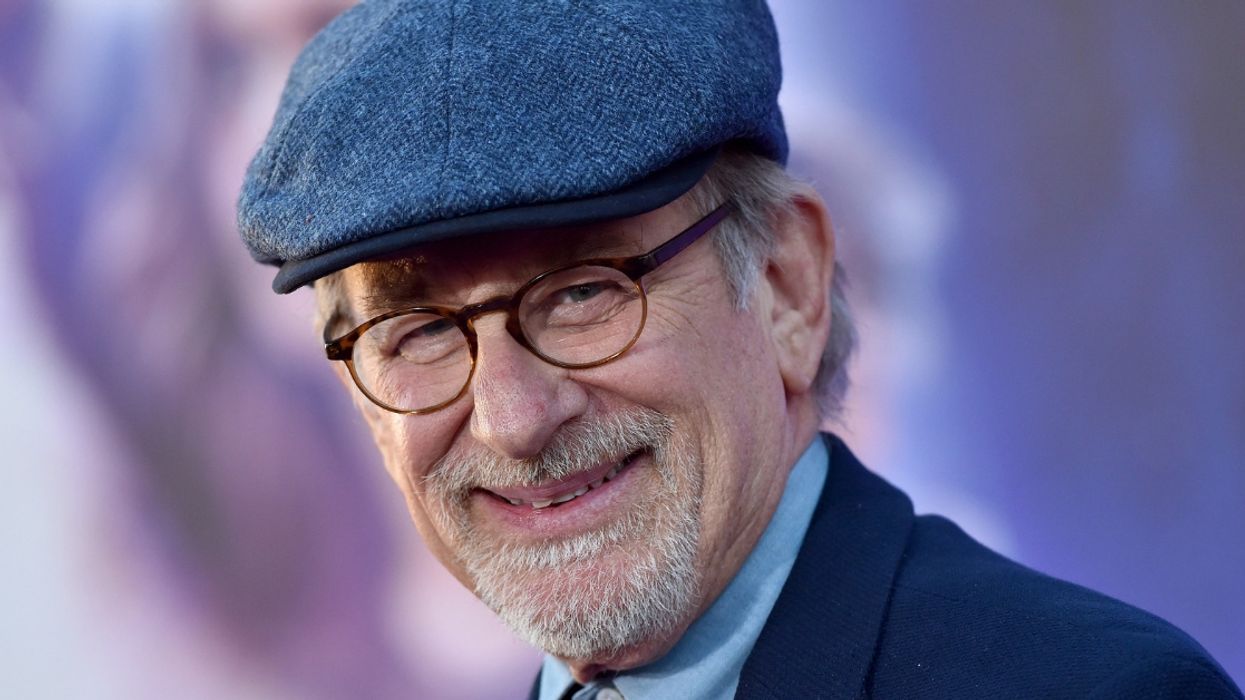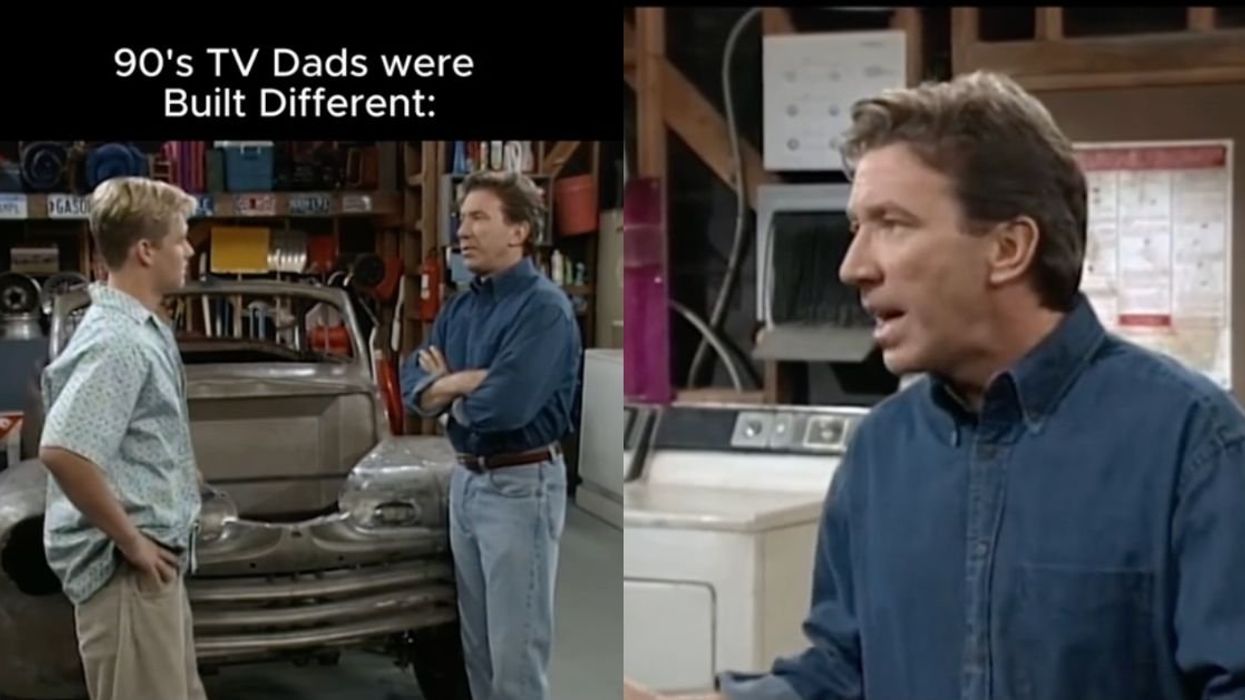One of the biggest debates of the streaming age is whether original films produced by streaming juggernauts such as Amazon, Netflix and Hulu, should be eligible for the Oscars or not.
On one side, there are those who believe that only films that have had a theatrical release deserve to be in the running. On the other, there are those who believe that streaming is the future and awards shows should get with the program. As it stands, a film must have a theatrical release of at least one week in a major city to be eligible for an Academy Award.
This year, Netflix released Roma, The Ballad of Buster Scruggs, and Birdbox in a limited fashion so that they could be eligible. Roma succeeded in not only gaining a nomination in the Best Picture and both Best Actress categories, but it won in the Best Cinematography, Best Director, and Best Foreign Film categories.
However, for Oscar winning director and producer Steven Spielberg, Roma's award show success was not met with excitement.
According to Indie Wire, a spokesperson for Spielberg's production company Amblin Entertainment stated...
"Steven feels strongly about the difference between the streaming and theatrical situation. He'll be happy if the others will join [his campaign] when that comes up [at the Academy Board of Governors meeting]. He will see what happens."
Indie Wire also reports that among the grievances major film studios have with streaming platforms are these particular issues...
"Netflix spent too much. One Oscar strategist estimated "Roma" at $50 million in Oscar spend, with "Green Book" at $5 million. (The New York Times reported $25 million; Netflix insists awards were folded into their entire marketing budget.)
The massive "Roma" push crushed foreign-language distributors. Sony Pictures Classics co-president Michael Barker said he had no financial option but to release Oscar nominees "Never Look Away" and "Capernaum" when theaters opened up after the holidays, which meant fewer Academy voters had a chance to see them.
"Roma" only spent three weeks as a theatrical exclusive.
Netflix doesn't report box office.
Netflix doesn't respect the 90-day theatrical window.
Netflix movies are available in 190 countries, 24-7."
However, by current rules, films can be eligible with only one week of exclusive theatrical play, and there is no box office requirement. Spielberg is adding to a growing sense that the rules were made in an era when streaming platforms were inconceivable. Given the growth of streaming platforms creating their own content, new clarifications may be needed.
Many people disagreed with Spielberg.
Many pointed out how Netflix gives many underrepresented filmmakers a voice.
Though some did understand where he was coming from.
Many pointed out that the aggressive awards campaigns mounted by companies like Netflix actually disenfranchise those filmmakers on the platform who don't get the full-court treatment.
And most thought that this was going to be one of the defining film debates of the 21st Century.
One Twitter user placed the whole debate into a very real market context.
He went on to explain how major film studios exacerbate the issue.
Before finally closing with this message to Spielberg.
How this all plays out in the coming years is going to be fascinating.
You can find some of Steven Spielberg's movies here.
















 @theshaderoom/Instagram
@theshaderoom/Instagram @theshaderoom/Instagram
@theshaderoom/Instagram @theshaderoom/Instagram
@theshaderoom/Instagram @theshaderoom/Instagram
@theshaderoom/Instagram @theshaderoom/Instagram
@theshaderoom/Instagram @theshaderoom/Instagram
@theshaderoom/Instagram @theshaderoom/Instagram
@theshaderoom/Instagram @theshaderoom/Instagram
@theshaderoom/Instagram @theshaderoom/Instagram
@theshaderoom/Instagram @theshaderoom/Instagram
@theshaderoom/Instagram @theshaderoom/Instagram
@theshaderoom/Instagram @theshaderoom/Instagram
@theshaderoom/Instagram @theshaderoom/Instagram
@theshaderoom/Instagram @theshaderoom/Instagram
@theshaderoom/Instagram @theshaderoom/Instagram
@theshaderoom/Instagram @theshaderoom/Instagram
@theshaderoom/Instagram @theshaderoom/Instagram
@theshaderoom/Instagram